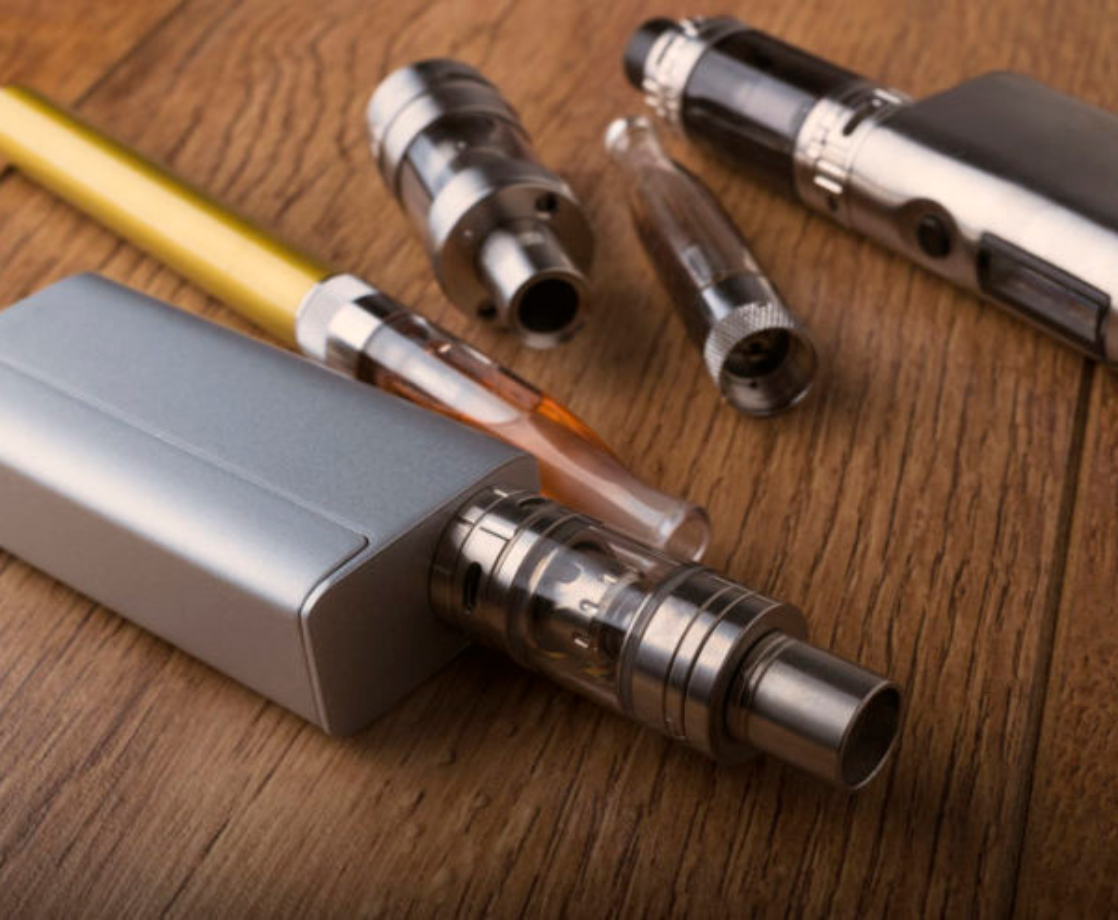When I bought my ticket to the Women Grow Summit and booked my flight to Denver, I imagined an opportunity to hone my entrepreneurial skills, make contacts, and hopefully snag some clients.
After all, the cannabis industry today is strikingly similar to the Internet boom of the 90s – an exciting thing to be a part of. However, by the end of day one, I was much less interested in promoting my own services, and instead, deeply enthralled in the human element of medical cannabis. I laughed, I cried, I vaped, and made a ton of new friends with the inspirational women I was surrounded by.
Women Grow elevated my worldview concerning the future of cannabis. The conference served as a hub for female cannabis entrepreneurs to gather together feeling empowered, valued, and capable of changing the world.
The conference, especially Melissa Etheridge’s keynote speech, highlighted the fact that the world’s perception of marijuana is undergoing a paradigm shift and the 1,400 women in attendance were the catalyst inching toward the tipping point.
As I sat in the Ellie Caulkins Opera House it dawned on me what all these women had in common — they had seen the light. Every woman in that theater understood that medical cannabis can help millions of people live more fulfilling lives, but first we need to change the way the world thinks about “weed”.
The women in attendance like most cannabis users, did not fit the dated “stoner stereotype” of lazy potheads.
As a culture, we have to realize that cannabis use, even habitual, is not equitable with tie-dye and munchies. Just look at what the women at AnnaBis have created, high-fashion handbags with odor-blocking technology that target sophisticated women who use marijuana. In fact, I believe these driven and diverse women will contribute to the success of the billion dollar cannabis industry.
Women will be instrumental in ending cannabis prohibition, and it hadn’t occurred to me until the conference that I began to fully understand the reason why.
The role of women as fundamental caregivers will greatly impact the future of medical marijuana, as they make the health decisions for their families. When women are educated on how medical cannabis can be a safe and natural addition to treatment for members of their families, from their children to their aging parents, the public will follow and attitudes will change.
How exactly can medical marijuana help? Marijuana alleviates symptoms of countless diseases, from Crohn’s disease to Multiple Sclerosis, but why is that?
At Women Grow, Nurse Heather Manus gave a talk on the endocannabinoid system (ECS) of the human body that blew me away. The ECS helps balance bodily processes including appetite, pain-sensation, mood, and memory.
We are all born with endocannabinoid receptors and signals, one of the largest receptor signaling systems within our bodies. Research suggests that when this system stops working normally and we develop endocannabinoid deficiencies, problems like migraines, Fibromyalgia, IBS and related issues can develop.
After learning about the ECS, everything else clicked. Finally, a reasonable explanation on how medical marijuana helps people with so many different health problems.
In fact, the list of diseases and conditions that cannabis can help is too long for one article. Before I dive into some of ways medical marijuana may help someone in your family, let me be clear: no one is saying “stop your chemo”.
Marijuana is not a cure-all, but it can be is an important addition to treatment that could vastly improve a loved one’s quality of life by alleviating an array of pains and symptoms, making them healthier and happier.
Crohn’s Disease, and other forms of Inflammatory Bowel Disease (IBS), make living a normal life difficult. Medical marijuana helps in a variety of ways; from decreasing inflammation that causes symptoms, to increasing appetite and improving overall quality of life. Just ask 16-year-old Colyton, who became famous for saying, “I’d rather be illegally alive than legally dead,” because cannabis oil “gave him his life back.”
Multiple Sclerosis (MS) inflicts a myriad of debilitating symptoms onto individuals that cannabinoids like THC and CBD can help alleviate. Not only can medical marijuana help manage pain, but its antispasmodic qualities are especially crucial in treating muscle spasms caused by MS. In states with access to medical marijuana, many long-time sufferers of MS have reported stopping their opioids and corticosteroids in favor of CBD-rich edibles and mouth sprays, like Jane’s Brew CBD Relief MediMix. One of the most famous faces of MS, Montel Williams, strongly supports medical marijuana for pain relief, stating, “It wasn’t until I started using medical cannabis on a daily basis and getting my system really saturated with cannabinoids that I started getting relief.”
In the past 20 years there have been several clinical studies showing that marijuana has neuroprotective qualities, making it an important, yet sometimes overlooked, treatment for traumatic brain injury (TBI), including concussions.
A study in 2002 found the body’s own natural endocannabinoid system plays a crucial role post-TBI, increasing its release of the endocannabinoids Anandamide and 2-AG. Even more, production of Tumor Necrosis Factor-A and Reactive Oxygen Species, both substances that cause neural damage, are inhibited by the presence of endocannabinoids.
The public recently put a lot of pressure on the NFL to allow its players to use medical marijuana, for its neuroprotective properties as well as pain management, anti-inflammatory benefits, and to soothe other ailings of high impact athletes.
In fact, so many football players are dependent on opioids to manage their pain, they are four times more likely to be addicted than the average population. As Ricky Williams, former NFL star and medical marijuana advocate put it, “…I took care of myself … using cannabis. I'd go see the doctor, he'd wiggle my knee around and say ‘here’ and give me some anti-inflammatories, some pain pills, and say, 'Just try to rest.' That's it. I think there's a better way."
Opioids, like prescriptions painkillers and heroin, killed 47,055 people from overdose in 2014, the leading cause of accidental death in the United States. Opioid addiction is at epidemic levels in America, partially to blame on the easy availability and over-prescription of opiate-based painkillers, like Percocet and Vicodin, for chronic pain. Elizabeth Warren, Senator from Massachusetts, recently brought this issue to light when she wrote a letter to the CDC chief Tom Frieden, requesting the organization “fill the gap in our knowledge about… the use, uptake, and effectiveness of medical marijuana as an alternative to opioids for pain treatment… [and] the impact of the legalization of medical and recreational marijuana on opioid overdose deaths”. Not only is marijuana safe and effective when treating pain, but a 2015 working paper found that “states with marijuana dispensaries experience a significant drop in both opioid addiction (as measured by treatment admission) and overdose deaths.”
At Women Grow I realized our healthcare system is treating a lot of diseases in an archaic way, mainly because cannabis is so heavily stigmatized and illegal in many states. For example, there was a gut-wrenching speech given by Moriah Barnhart, whose daughter, Dahlia, was diagnosed with aggressive brain cancer at the age of two. Experimental chemotherapy was causing such extreme side effects, it looked as though the treatment would kill Dahlia if the disease didn’t. However, with the addition of cannabis oil, many of those side effects subsided within a month, and Dahlia became a playful little girl again. These nightmarish scenarios have to end. With medical cannabis, we have the ability to make the world a better place than when we came into it. It’s time everyone is educated on the benefits of medical marijuana and taught how to talk to health care providers about safe access.
Medical marijuana is here to stay. Women Grow inspired me to help empower the world. Education and conversation about medical cannabis are the first steps toward change. The MMJ community on the west coast is thriving, but many parts of the country are far behind.
My company, BrainBuzz, is planning something big to be held in Miami before the election.
White sand, turquoise sea, and plenty of Vitamin D, BrainBuzz is bringing cannabis knowledge to the tropical city — Stay tuned!











